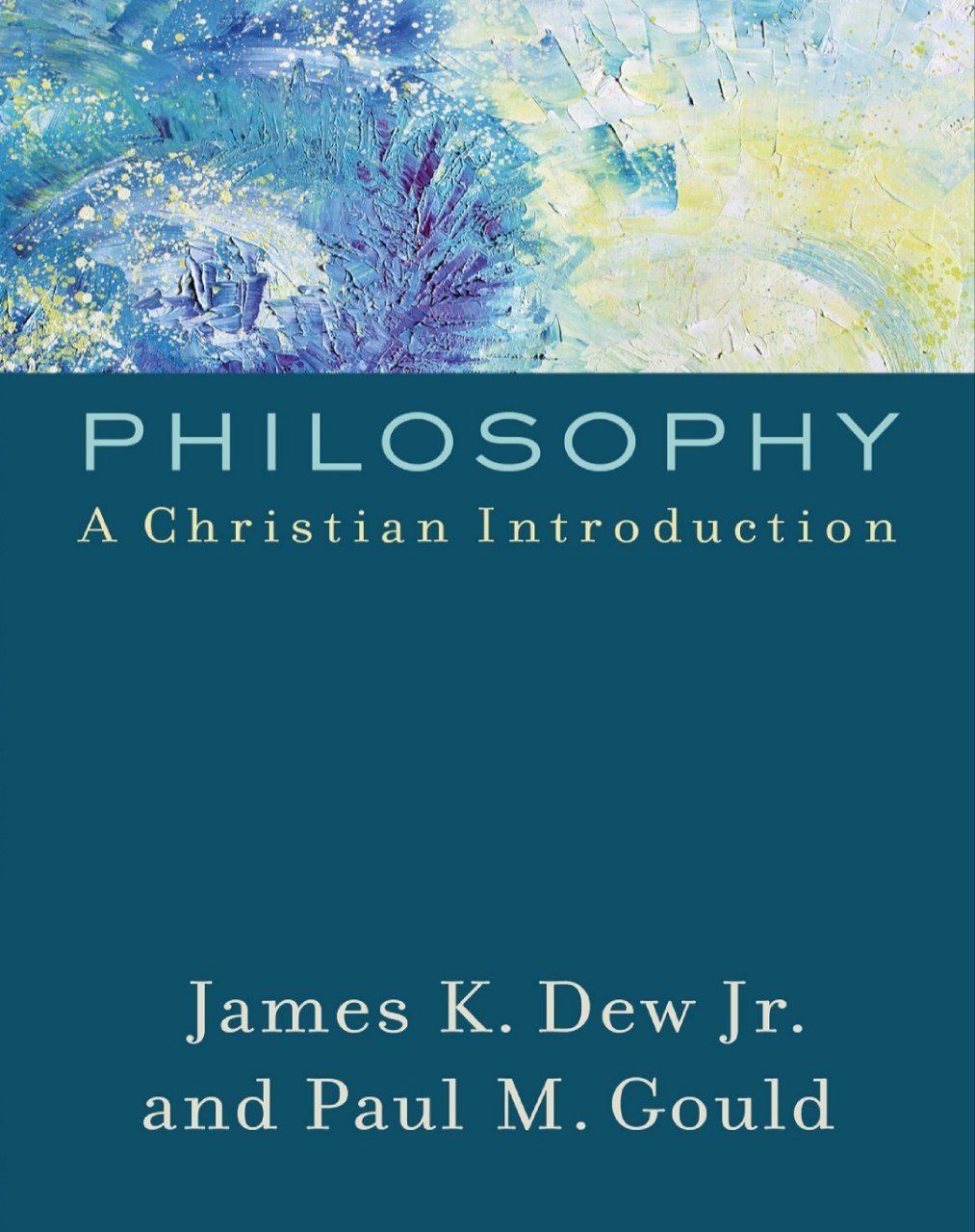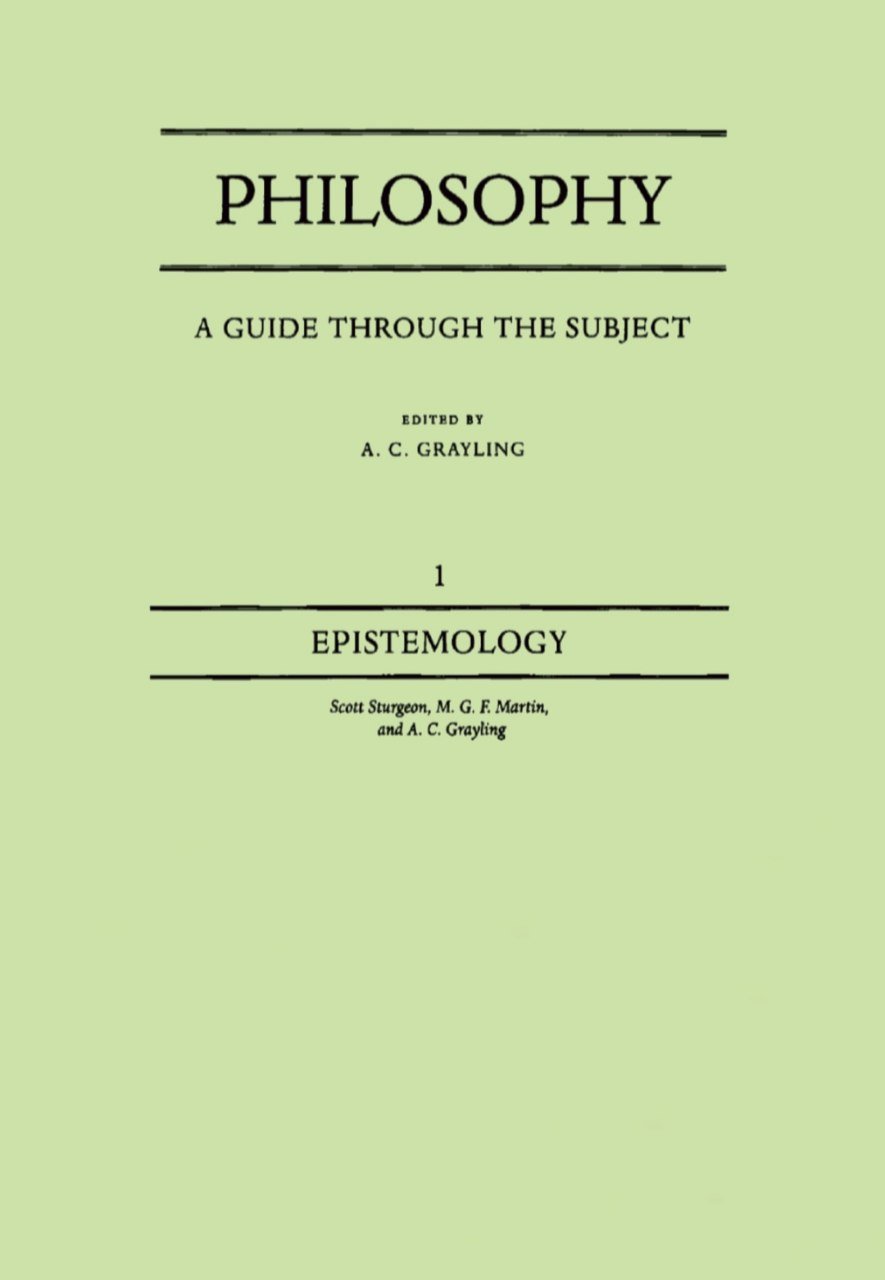

Philosophy of Biology by Alex Rosenberg and Daniel W. McShea
Reviews
No review yet. Be the first to review this book!
Description
Philosophy of Biology by Alex Rosenberg and Daniel W. McShea (Routledge) is a rigorous, analytical, and thought-provoking exploration of the conceptual foundations of biology. Aimed at both students and scholars of philosophy and biology, the book provides a deep dive into the major philosophical questions raised by the life sciences—particularly evolutionary theory, genetics, development, and the nature of biological explanation. Rosenberg and McShea’s work is known for its clarity, precision, and bold arguments that challenge common assumptions in both biology and philosophy. The book begins with the structure and logic of evolutionary theory, grounding readers in Darwin’s insight that natural selection is a powerful explanatory framework. The authors analyze the mechanisms of evolution and raise questions about the units of selection, such as whether genes, individuals, or groups are the primary entities upon which natural selection acts. They closely examine adaptationism, critiquing simplistic views that attribute every trait to adaptive value, and emphasize the role of drift and constraint in shaping biological features. A distinctive feature of the book is its strong emphasis on reductionism and the relationship between biology and other sciences, especially physics and chemistry. Rosenberg, in particular, is known for defending a radical form of reductionism, arguing that all biological phenomena are ultimately explainable in terms of molecular interactions, and that higher-level explanations—while sometimes useful—are not fundamental. This leads to the provocative stance that biology, as a science, may not be autonomous, and that explanations invoking “organisms,” “functions,” or “purposes” can often be replaced by more fundamental accounts rooted in physics. The authors also grapple with teleological language in biology. They explore whether talk of “functions” and “purposes” in biological systems is scientifically valid or merely a holdover from outdated thinking. They argue that while such language is often useful, it must be grounded in evolutionary explanations that eliminate any notion of intentional design. Another significant area of focus is biological information, particularly the concept of the gene as a carrier of coded instructions. Rosenberg and McShea critically assess the use of information-theoretic language in biology and caution against taking it too literally. They dissect the idea that DNA is a “blueprint” or “program,” emphasizing instead that development is a dynamic, multi-level process not fully captured by such metaphors. The book concludes with discussions on macro-evolution, complexity, and the directionality of evolution. The authors reflect on whether evolution has a trend (e.g., toward greater complexity) and how such trends, if they exist, can be explained without resorting to teleology. They also address the role of chance, contingency, and historical accidents in shaping the tree of life. In summary, Philosophy of Biology by Rosenberg and McShea (Routledge) is a challenging and rewarding text that combines philosophical precision with scientific depth. It is especially well-suited for those who want a critical, often skeptical examination of biology’s theoretical foundations. While some of its conclusions are controversial—especially its strong reductionist and anti-teleological stances—the book provides a rich foundation for serious reflection on what biology tells us about life, evolution, and the nature of scientific explanation.

























.jpeg)











.jpg)
.jpg)

.jpg)






.png)















.jpeg)
.jpg)
.jpeg)
.jpeg)



.jpg)


.jpg)


.jpg)












.jpeg)
.jpg)















































